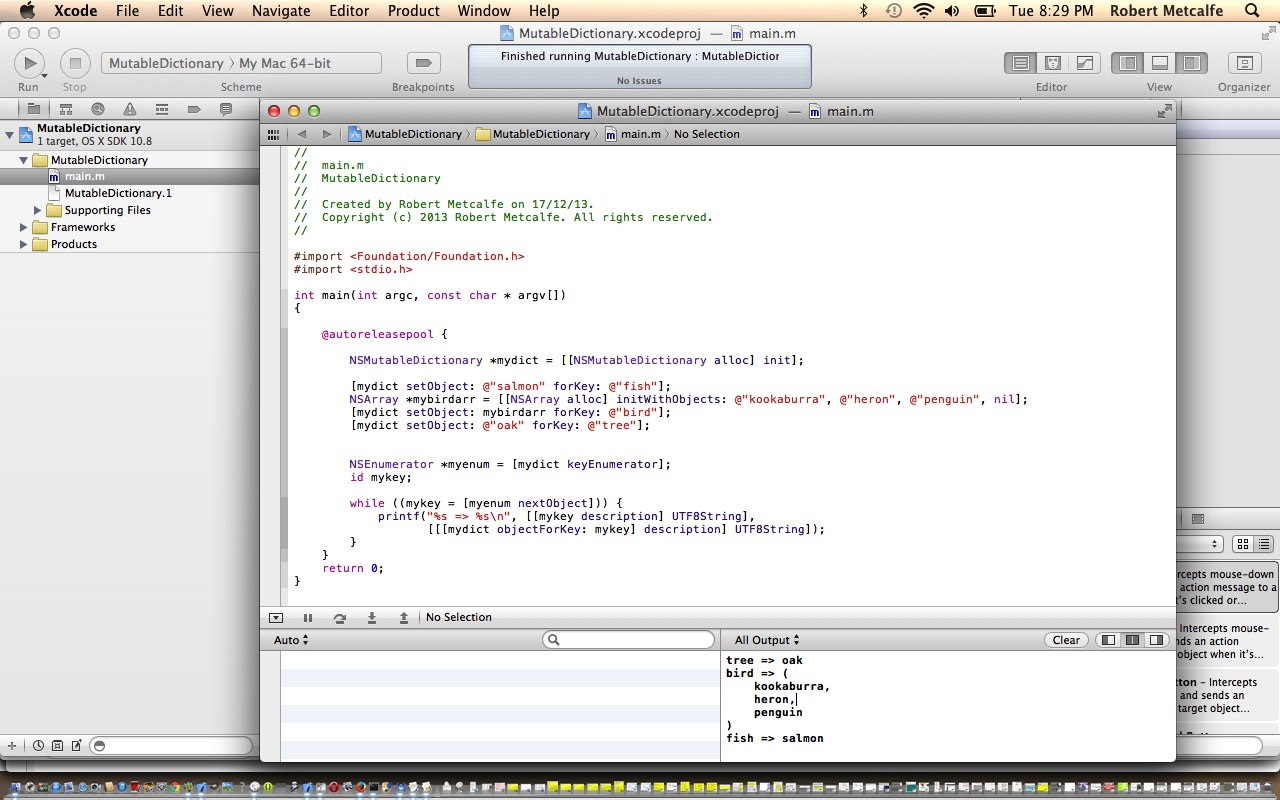Have you heard of Objective-C? It is a great object-oriented programming language that builds that object orientation on top of a C programming base. Sounds good (even better than good), and Objective-C is the language of iOS Mobile Apps, so it is definitely in the category of up and coming programming languages. Let’s see what Wikipedia says about it below.
Objective-C is a general-purpose, object-oriented programming language that adds Smalltalk-style messaging to the C programming language. It is the main programming language used by Apple for the OS X and iOS operating systems and their respective APIs, Cocoa and Cocoa Touch.
Originally developed in the early 1980s, it was selected as the main language used by NeXT for its NeXTSTEP operating system, from which OS X and iOS are derived.[1] Generic Objective-C programs that do not use the Cocoa or Cocoa Touch libraries, or using parts that is ported or reimplemented for other systems can also be compiled for any system supported by GCC or Clang.
In this primer tutorial we see how Xcode can supervise an Objective-C Desktop Application project to define a Mutable Dictionary, add to it and point to an NSArray, as necessary.
Regarding this Objective-C Mutable Dictionary tutorial topic I really like “Objective-C” Visual Quickstart Guide by Steven Holzner.
Here are links to programming source code which shows some use of NSMutableDictionary which you should rename to main.m
Link to Objective-C more information … via Wikipedia, where quote above came from..
If this was interesting you may be interested in this too.



